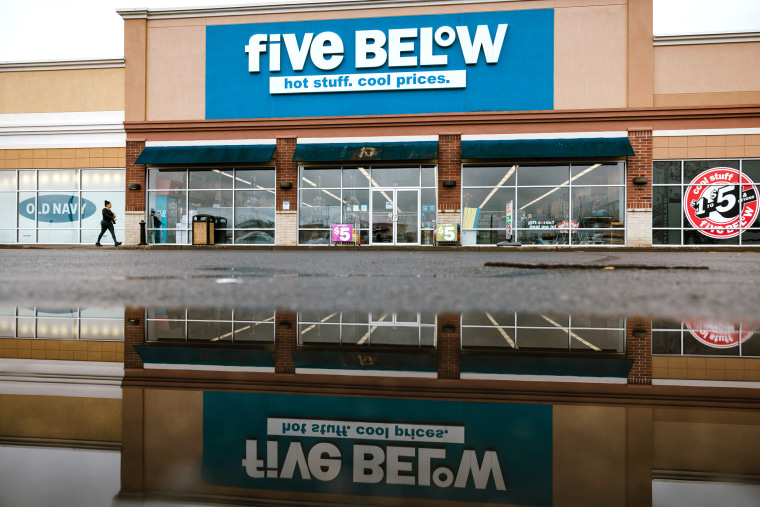Major Retailers Are Backtracking on Self-Checkout
The retail landscape has been rapidly evolving with the advancement of technology, and one prominent trend that emerged in recent years was the widespread adoption of self-checkout systems. These systems promised convenience and efficiency for both customers and retailers, allowing shoppers to scan and pay for their items without the need for human cashiers.
However, major retailers are starting to backtrack on their self-checkout initiatives as they face a myriad of challenges and negative implications associated with these systems.
One of the primary issues with self-checkout systems is the high risk of theft. Studies have shown that self-checkout stations are more prone to theft than traditional manned checkouts. Customers may exploit the system by under-scanning items or falsely claiming that an item is priced lower than it actually is. This not only leads to revenue loss for retailers but also damages their reputation and customer trust.
Moreover, self-checkout systems have raised concerns about potential job losses in the retail sector. By replacing human cashiers with automated machines, retailers are eliminating job opportunities for many individuals. This move has sparked debates about the ethical implications of prioritizing profit margins over employee welfare.
In addition to these challenges, self-checkout systems also present issues related to customer satisfaction. Many shoppers find the scanning and payment process at self-checkout stations confusing and frustrating, leading to longer wait times and decreased overall shopping experience. This dissatisfaction can drive customers away from retailers and towards competitors who offer more personalized and efficient service.
As a response to these drawbacks, major retailers such as Walmart and CVS are reevaluating their self-checkout strategies. Some are reducing the number of self-checkout stations in their stores, while others are implementing stricter security measures to prevent theft. Additionally, retailers are exploring alternative solutions that strike a balance between technological innovation and human interaction to enhance the shopping experience.
In conclusion, while self-checkout systems initially seemed like a revolutionary advancement in the retail industry, they have proven to be fraught with challenges and negative consequences. As major retailers backtrack on their self-checkout initiatives, it becomes evident that finding the right balance between automation and human touch is crucial for ensuring both operational efficiency and customer satisfaction in the ever-evolving retail landscape.


























